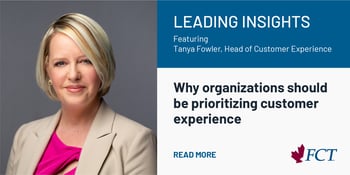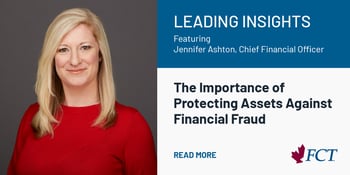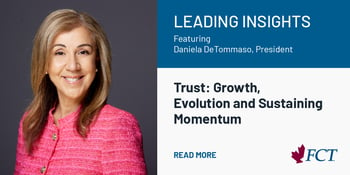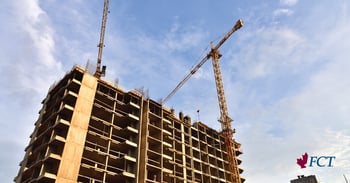
For some, they’re a way to address the housing shortage in Canada. For others, they’re the only tool for providing vital infrastructure for the communities around them. Land assemblies are a common type of commercial transaction, but also an uncommonly complicated one.
With so many stakeholders and additional risks, it takes the highest level of experience and expertise to guide one smoothly and safely towards close.
What is land assembly?
Land assembly is the joining of multiple adjacent parcels of land to form a single site that can be used to construct a larger property. Because vacant land is scarce in urban areas, land assembly is a key tool for developers looking to build higher and bigger properties.
Most people associate land assembly with high-rise condos, but it’s also used for projects like:
- residential subdivisions,
- retail complexes,
- schools,
- hospitals,
- airports,
- government use.
How does land assembly work?
Usually, a developer approaches the owners in the block they want to build on and makes each owner an offer, often for well above their property’s value. A group of property owners can also agree to approach a developer and market all their properties together.
Because land price is at a premium in cities, property owners with houses grouped together can demand much higher prices than they could by selling individually. Any contiguous group of properties can become part of a land assembly, but most often land assemblies include properties along or near a major transport conduit.
What risks do assembled properties face?
A land assembly is a large and complex commercial transaction that involves multiple vendors and multiple existing titles. Just some of the problems that can arise include:
- errors in the legal descriptions,
- gaps between the lots being assembled,
- encroachments from lots not being purchased,
- old easements or rights of way,
- old undischarged mortgages or leases,
- orphaned laneways.
The more lots being assembled, the greater the chances that issues with one or more can render the title defective. This can cause significant financial losses down the road, and at worst could even derail the deal’s closing.
What’s the best way to manage your risk and close the deal?
Every land assembly is unique, and can face greater risks with higher stakes than many other kids of real estate transactions—each deal deserves the protection of a commercial title insurance policy.
Title insurance coverage lasts far into the future because risks like title defects and mortgage title fraud can cause losses even decades after close.
You can help safeguard even the most complex deal by working with the experts when it comes to managing risk and making transactions safer and smoother: the underwriting team at FCT. With decades of experience with guiding large commercial transactions smoothly towards close, our team is the partner legal professionals and property owners alike know to trust when the deal needs it most.
By choosing FCT, you can close with confidence, knowing you have protection underwritten by the leader in managing large commercial transactions. The deal may be complex, but that doesn’t mean that closing it has to be. Enjoy the peace of mind that comes with closing each commercial transaction with title insurance from FCT.
Subject to certain exceptions, commercial title insurance policies equal or below $10M CAD are provided by FCT Insurance Company Ltd. Commercial title insurance policies above $10M CAD are provided by First American Title Insurance Company. Reference should be made to policy documents to confirm the insurer on any individual transaction. Services by First Canadian Title Company Limited. The services company does not provide insurance products. This material is intended to provide general information only. For specific coverage and exclusions, refer to the applicable policy. Copies are available upon request. Some products/services may vary by province. Prices and products/services offered are subject to change without notice.
® Registered Trademark of First American Financial Corporation.


































-min-1.jpg?width=350&height=216&name=home-theft-tile-fraud-toronto-blog%20(3)-min-1.jpg)

-min.jpg?width=350&height=216&name=FCT-Leading-Insights-Michael-LeBlanc-ENG_blog%20(1)-min.jpg)






-min.jpg?width=350&height=216&name=errors-and-omissions-ontario-real-estate-law-risk-blog%20(1)-min.jpg)




















-min.jpg?width=350&height=216&name=Three-signs-your-clients...-Blog%20(1)-min.jpg)













.jpg?width=350&height=216&name=Blog-Post-EasyFund-2-Steps-min%20(1).jpg)





-min.jpg?width=350&height=216&name=June-28th-Were-so-Canadian2%20(1)-min.jpg)








